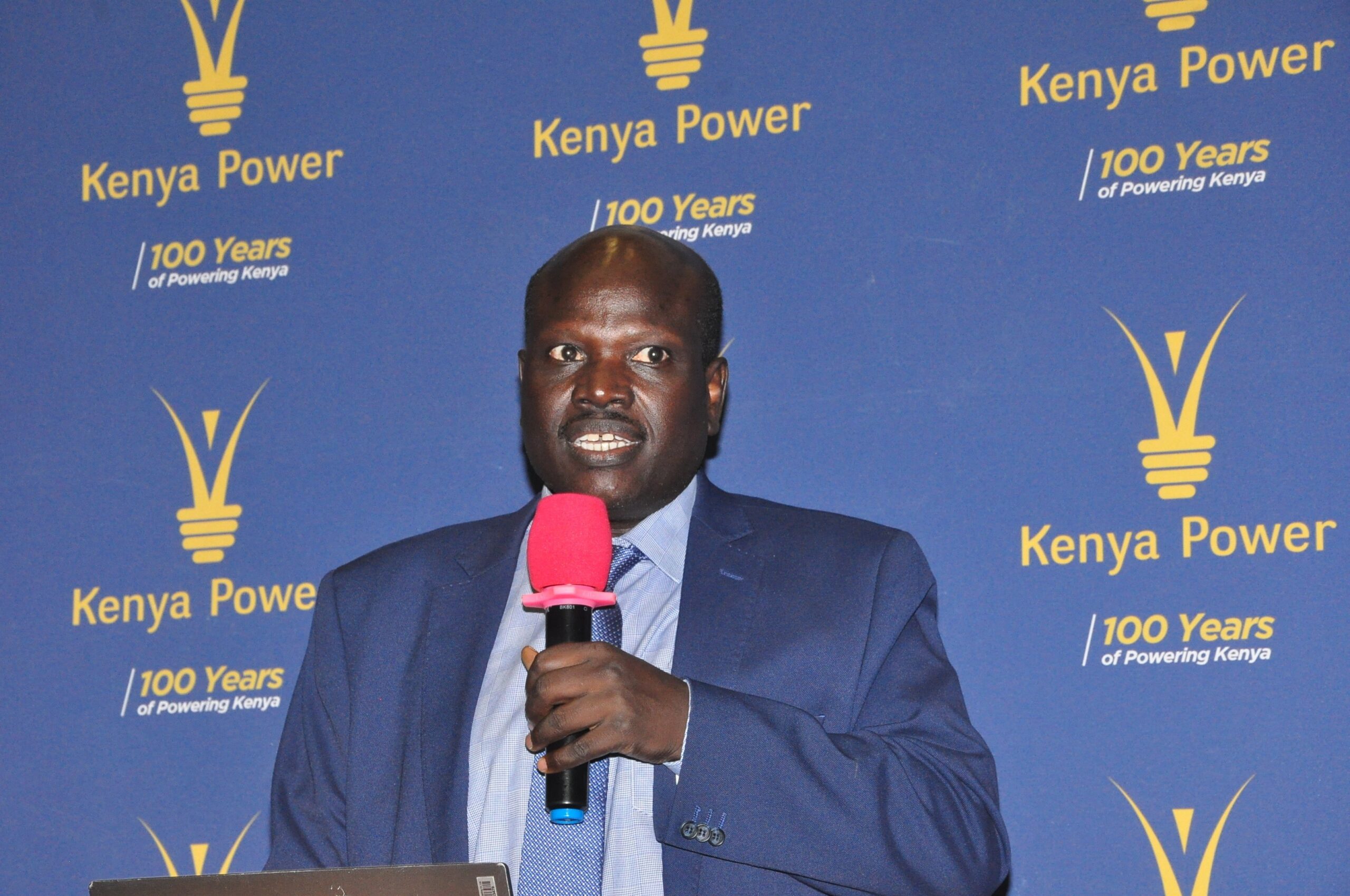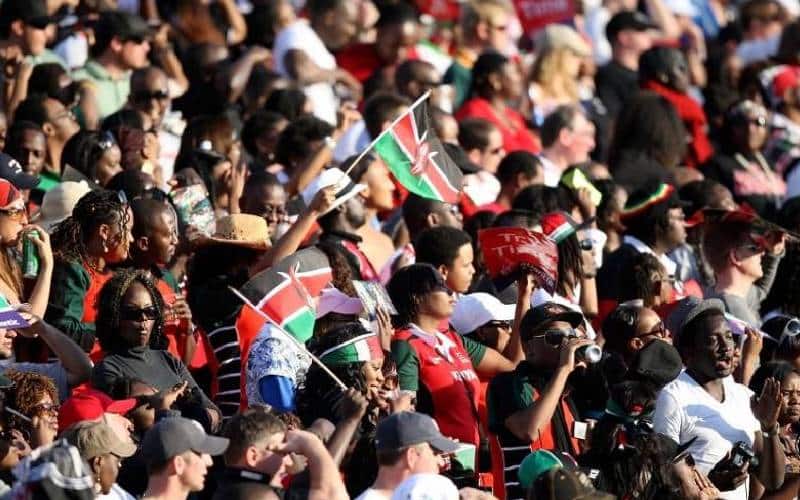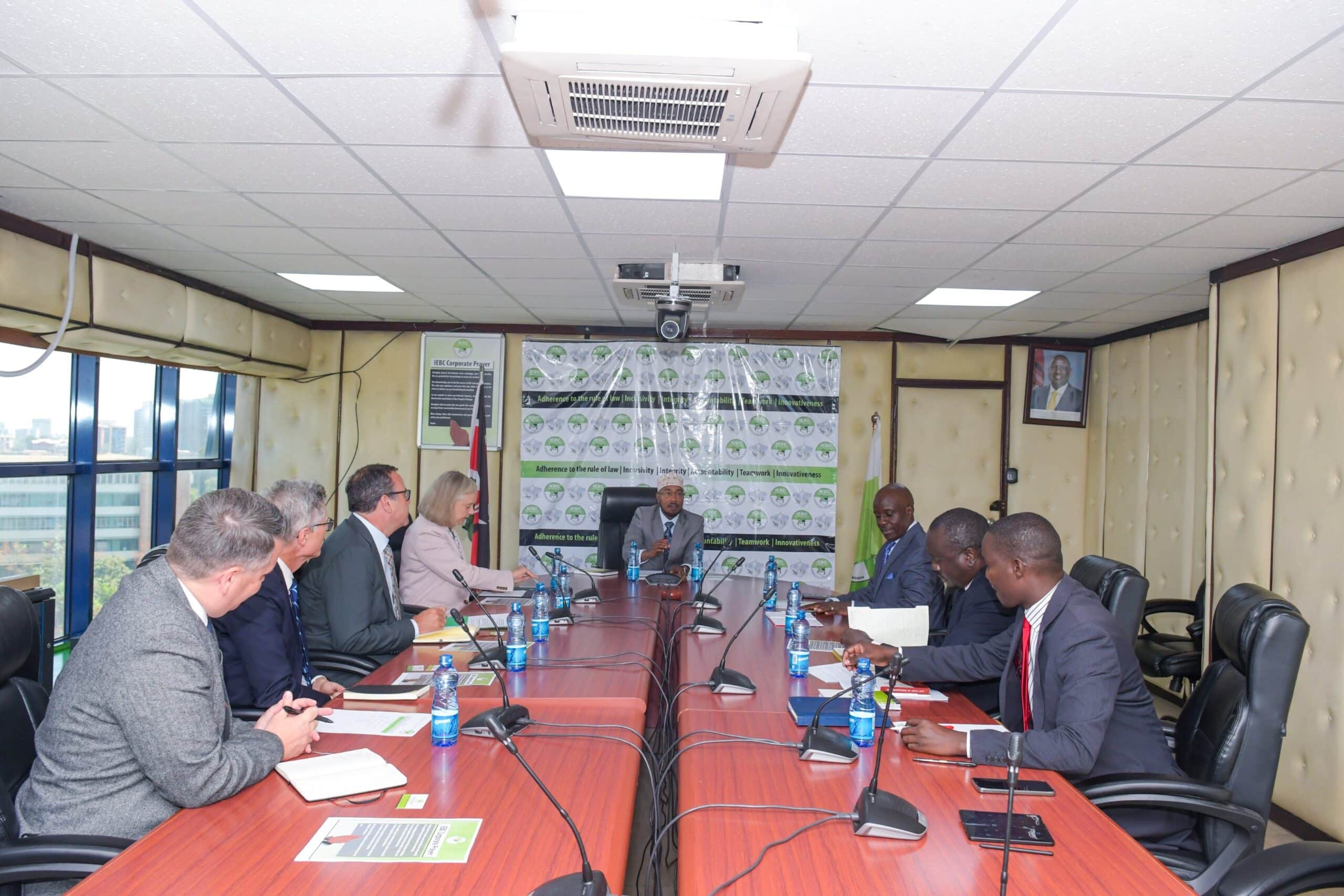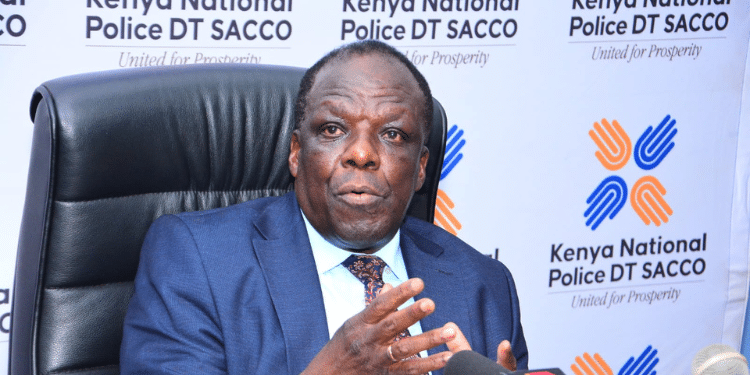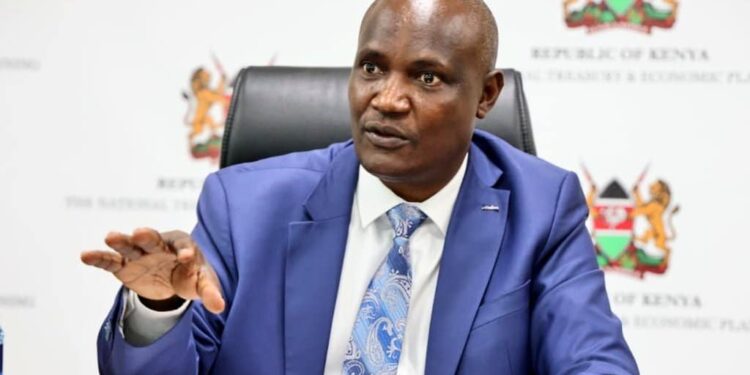Kenya’s budget-making process is a structured and legally guided cycle, rooted in the 2010 Constitution and the Public Finance Management Act of 2012.
It describes how the government plans to generate revenue and subsequent expenditure for the financial year.
This process applies to both the national and county governments, running from July 1 to June 30 each year.
The process begins with the Cabinet Secretary for the National Treasury, who establishes the foundation for budget formulation.
Budget-Making Process in Kenya
1. First Quarter of the Budget
- Issuing of Circulars and Public Participation
The budget-making process has key dates in the calendar for every fiscal year. The process starts on August 30 which is the official start of the budget process in Kenya.
On this date, the National Treasury and County Treasuries issue budget circulars to their respective ministries, departments, and agencies. These circulars outline the guidelines and timelines for preparing the budget for the upcoming financial year.
Additionally, it outlines the procedures for public participation to guarantee citizen involvement in the budgeting process, as mandated by the Constitution.
2. The Second Quarter of the proposed Finance Bill
Deadlines for Publishing Reports – By End of October
County governments are required to publish their first-quarter budget implementation reports and they shall make the reports public, usually through their respective websites.
Further, the Controller of Budget then tables these reports before the Senate and the National Assembly and publicize them, usually through their website.
Also Read: Treasury Outlines Measures Govt Will Apply to Cover Ksh346 B Funding Gap
3. Third Quarter of the Budget
It starts with the Commission on Revenue Allocation submitting recommendations on the Division of Revenue between the national and county governments, this should be done by 1st of January.
By mid-February, the national government shall publish its 2nd quarter budget implementation report. It shall table the report before the National Assembly and then make it public.
March 1: This is the deadline for the National Treasury to publish and publicize the Budget Policy Statement after tabling it before parliament.
March 15: This is the deadline for Parliament to consider the Division of Revenue and County Allocation of Revenue Bill and approve them with or without amendments.
Also Read: Mbadi Clarifies Finance Bill Taxes He Wants Reintroduced After Uproar
4. Fourth Quater
By April 30, counties must have published their 3rd budget implementation reports. At the same time, the Controller of Budget must have published and publicized the 3rd quarter budget implementation reports.
The reports are for both the national and the county governments.
From 1st May to June 30th the Budget Committees for both the National and the County governments will begin to conduct public hearings on the budget proposals or estimates.
Further, the Cabinet Secretary for Treasury and the County Executive Member for Finance shall publicize the national and county budget estimates after they table them before the national and county assembly respectively.
By May 15, the national government shall publish its 3rd quarter budget implementation report.
30th June marks the deadline for Parliament and the County Assembly to pass their Appropriation Bills and the National Assembly to consider and approve the Finance Bill with or without amendments.
Follow our WhatsApp Channel and X Account for real-time news updates.




